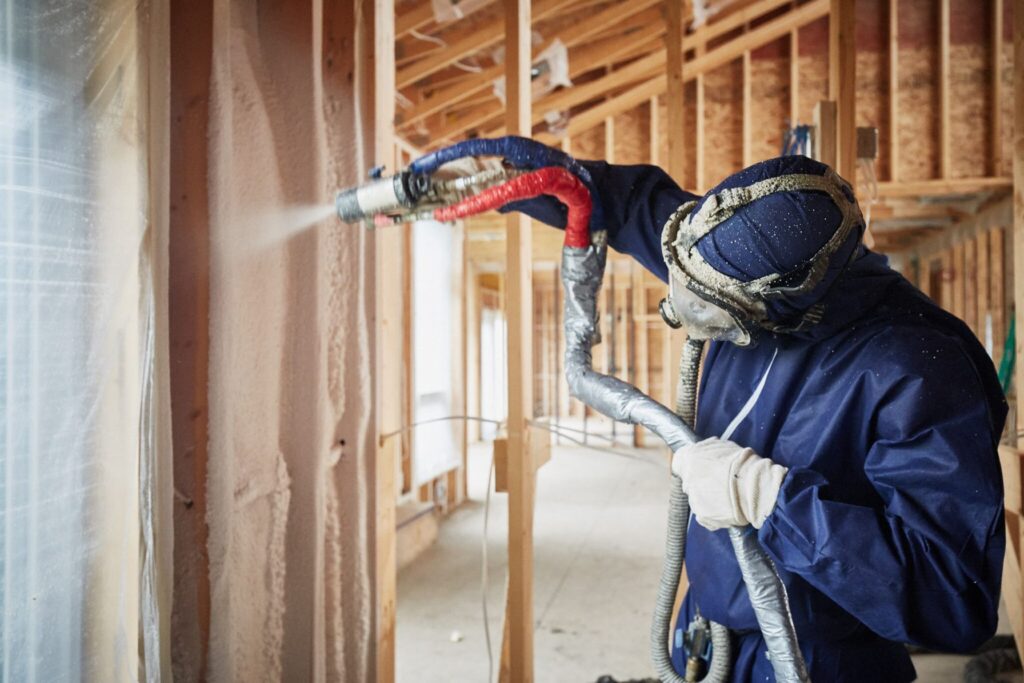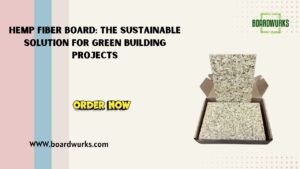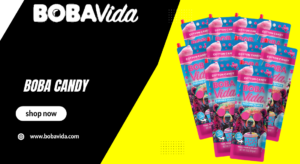
Spray foam insulation has become a popular choice for homeowners and businesses looking to improve energy efficiency and comfort. This innovative material offers a range of benefits, but it also comes with its own set of challenges. Understanding the pros and cons of spray foam insulation can help property owners make informed decisions about their insulation needs. If you’re considering spray foam insulation for your property in Kansas or surrounding areas, here’s what you need to know.
What is Spray Foam Insulation?
Spray foam insulation is a type of insulation made from a mixture of chemicals that expands when sprayed onto surfaces. It creates a solid barrier that seals gaps and cracks, providing superior insulation compared to traditional materials like fiberglass or cellulose. This unique property makes spray foam an excellent choice for various applications, including attics, walls, and crawl spaces.
How Spray Foam Works
The expansion of spray foam occurs when it is applied as a liquid, which quickly turns into a solid foam upon contact with the air. This expansion allows it to fill in all the nooks and crannies in the area where it is applied. As a result, it provides an airtight seal that helps prevent air leakage and reduces energy loss.
The Advantages of Spray Foam Insulation
1. Energy Efficiency
One of the most significant benefits of spray foam insulation is its ability to enhance energy efficiency. By sealing air leaks and creating a tight building envelope, spray foam helps maintain consistent indoor temperatures. This efficiency can lead to reduced heating and cooling costs, making it an attractive option for homeowners looking to save money on energy bills.
2. Improved Comfort
With spray foam insulation, you can enjoy a more comfortable living environment. By minimizing drafts and temperature fluctuations, it creates a stable indoor climate. This is especially beneficial in regions with extreme weather, where temperature changes can be dramatic.
3. Moisture Control
Spray foam insulation acts as a moisture barrier, helping to prevent mold and mildew growth. Because it fills gaps and seals the building envelope, it reduces the risk of moisture entering your home. This feature is particularly important in areas prone to humidity or water leaks.
4. Noise Reduction
Another advantage of spray foam insulation is its sound-dampening qualities. The dense material absorbs sound waves, reducing noise transmission between rooms and from outside. This can create a quieter, more peaceful living environment, which is especially valuable in urban settings or busy neighborhoods.
5. Long-Lasting Performance
Unlike traditional insulation materials that can settle or degrade over time, spray foam maintains its effectiveness for years. When installed correctly, it provides a durable solution that can last the life of the building, making it a cost-effective investment in the long run.
The Disadvantages of Spray Foam Insulation
While spray foam insulation offers numerous advantages, it’s essential to consider its drawbacks as well.
1. Higher Initial Cost
One of the primary downsides of spray foam insulation is its higher upfront cost compared to traditional insulation materials. The installation requires specialized equipment and trained professionals, which can lead to a more significant initial investment. However, many homeowners find that the long-term savings on energy bills offset this cost over time.
2. Complex Installation Process
Installing spray foam insulation is not a DIY project. It requires specialized equipment and expertise to ensure proper application. Incorrect installation can lead to issues such as poor air sealing, which can negate some of the energy efficiency benefits. Therefore, it’s crucial to hire experienced professionals for the job.
3. Potential Health Concerns
During the application process, spray foam releases fumes that can be harmful if inhaled. It’s essential to ensure proper ventilation during and after installation to minimize exposure to these chemicals. Additionally, some people may experience sensitivities to the materials used in spray foam insulation, so it’s essential to consult with a professional about any health concerns.
4. Limited Reusability
Once spray foam insulation is installed, it cannot be removed and reused like traditional insulation materials. If changes need to be made in the future, such as remodeling or updating plumbing and electrical systems, the spray foam may need to be cut away, which can be wasteful and time-consuming.
5. Environmental Considerations
While spray foam insulation can improve energy efficiency, some formulations contain chemicals that may be harmful to the environment. Homeowners should look for environmentally friendly options and consult with professionals who are knowledgeable about sustainable insulation practices.
Making the Right Choice for Your Property
When considering spray foam insulation for your property, it’s essential to weigh the pros and cons carefully. Assess your specific needs, budget, and the climate in your area. If you are in Kansas and surrounding areas, consulting with a qualified insulation contractor can provide valuable insights tailored to your situation.
Frequently Asked Questions
Q1: How long does spray foam insulation last?
Spray foam insulation can last for the life of the building if installed correctly. It does not settle or degrade over time like some traditional insulation materials.
Q2: Is spray foam insulation safe for my home?
Yes, spray foam insulation is safe when applied by professionals who follow safety guidelines. Proper ventilation during and after installation is crucial to minimize exposure to fumes.
Q3: Can I install spray foam insulation myself?
It is not recommended to install spray foam insulation yourself. The installation requires specialized equipment and expertise to ensure proper application and performance.
Q4: Will spray foam insulation help with noise reduction?
Yes, spray foam insulation has excellent sound-dampening properties, making it effective for reducing noise transmission between rooms and from outside.
Q5: How does spray foam insulation compare to traditional insulation?
Spray foam insulation provides superior air sealing, energy efficiency, and moisture control compared to traditional insulation materials like fiberglass and cellulose.
Conclusion
Spray foam insulation offers an array of benefits that can significantly enhance the comfort and energy efficiency of a property. However, it’s essential to consider both the advantages and disadvantages before making a decision. For residents in Kansas and the surrounding areas, consulting with professionals can help determine if spray foam insulation is the right fit for your needs. For expert advice and installation services, contact Arma Coatings of Wichita at (316) 779-2430 today!





